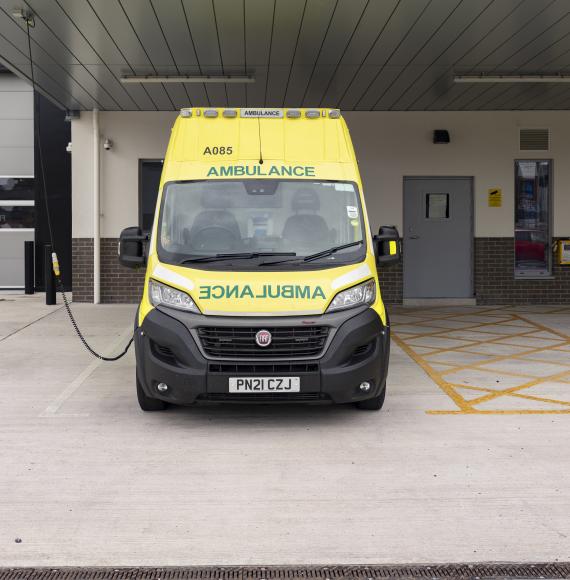A cross-commonwealth collaboration is set to help health systems around the globe garner greater insight into how their services impact the environment, as a new interactive database cataloguing thousands of environmental impact values is launched.
The open-access database – dubbed HealthcareLCA – was developed by Brighton and Sussex Medical School (BSMS) and Dalhousie University in Canada and gives health professionals access to an “up-to-date evidence repository” that, at present time, indexes more than 4,000 environmental impact values for over 1,400 healthcare products and activities. That ranges from entire health systems and services to equipment and procedures.
With the UK’s net-zero pledges looming overhead and the fact that healthcare provision accounts for more than 5% of all global greenhouse gas emissions, this latest innovation could help global healthcare continue to turn the tide in the climate emergency and support sustainable health for the future.
BSMS’s Clinical Lecturer in Sustainable Healthcare and project’s senior author, Dr Chantelle Rizan, said: “HealthcareLCA creates an opportunity for health professionals to learn more about the environmental impacts of healthcare, providing accessible and easy-to-understand evidence for administrators and decision-makers. It will also help researchers find existing studies, identify important research gaps, and create new possibilities for synthesising the available evidence.”
The database is a culmination of a partnership between BSMS, CASCADES (Creating a Sustainable Canadian Health System in a Climate Crisis), and the flagship Creating Sustainable Health Systems in a Climate Crisis project at Dalhousie University’s Healthy Populations Institute.
Lead researcher, Dr Jonathan Drew, Adjunct Surgery at Dalhousie University, said: “Countries are increasingly making pledges to achieve sustainable, low carbon health systems. The success of these commitments will depend on having an accurate measure of healthcare’s environmental impacts and making sure that people working within healthcare can access and use that information.”
To access HealthcareLCA, click here.



















